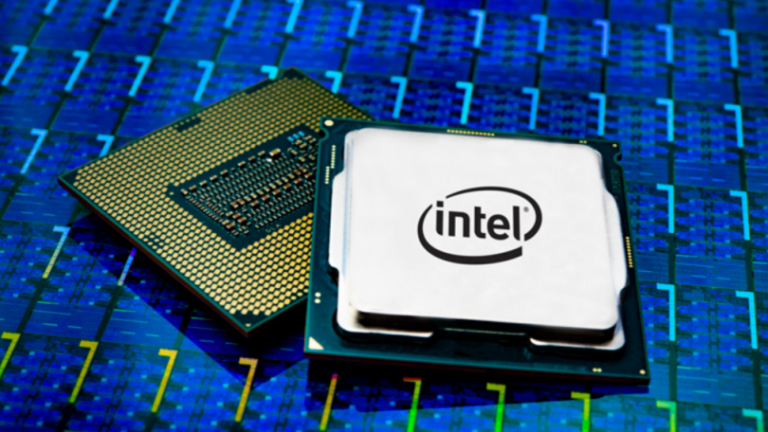
I received many LinkedIn messages from the community on how one can begin a journey into “coding” on hardware. I had noted in a comment that my company is Intel Corp’s only authorized and certified partner in continental Africa (see Intel website https://lnkd.in/eBXEraa8 ) and we actually do a lot of coding. We have access to critical kits which Intel provides to its partners.
However, this coding is not the typical you do with Python, Java, etc. This one involves something deeper where you are programming transistors to create microprocessors which power our modern world. I have called this the “zenith of coding” as you need absolute precision on controlling electrical signals to have functional processors.
How do you account for all the signals in a processor with 10 million transistors (really primitive one)? It requires a new dimension of #coding. My team will plan something and we will explore how to expose this to people who are interested. They are super busy but we will find time.
Register for Tekedia Mini-MBA edition 18 (Sep 15 – Dec 6, 2025) today for early bird discounts. Do annual for access to Blucera.com.
Tekedia AI in Business Masterclass opens registrations.
Join Tekedia Capital Syndicate and co-invest in great global startups.
Register for Tekedia AI Lab: From Technical Design to Deployment.
Comment on Feedback
Comment 1: Coding microcontroller has been there for long and very sweet if you understand binary operation as to how it relate to switching. It is really easier than most people thought. You need to understand how memory, registries and stack work then you can send stream of 010101…. to a machine . I learnt C language while coding processors with MikroC language.
My Response: “Programming microcontroller has been there for long and very sweet if you understand binary operation as to how it relate to switching” – programming MCU is different from digital chip designs. You can design a whole microprocessor via coding but that is NOT the same as programming MCUs which is what you are referring to. In my note, I lumped both together.
While when we discuss this, the first that comes to mind is the embedded electronics, but understand that making digital chips comes by writing codes. The output is extracted and sent to the foundry where the chip is fabricated. For that one, it is not easy because only few universities actually teach it. And it is very hard work. Indeed, it is a difficult work because you are working at transistor level, not at MCU level.
Comment 2: This is not a new field. There’s a whole industry around embedded systems (i.e., codes onto the microprocessors, directly accessing memory and registers). Anyone interested in this should study, C and assembly language.
My Response: You are looking at one angle. Embedded systems are one part, there is another part where you “code” design microprocessors at CMOS transistor level. For that one, it is not like programming already created microcontrollers or field programmable gate areas. In this one, you are crafting a processor from scratch. The output is sent to a foundry where the chip is fabricated. That is the zenith of coding because it is about controlling transistors at a deeper level.
Comment 3: In the comments I have read so far [..] is almost the only person that gave a close contribution. Digital Electronics with close emphasis on a subject matter called Adders (in electronics). In Adders so many Logical manipulation goes on to achieve hard coding. Half Adder & Full Adder, the manipulation goes on to binary and quantum Adders. The logic representations helps the computer through binary numbers to be able to recognize all those A B C D and decimal stuff you type on the computer, in electronics we only know ON & OFF , 1 & 0. where ON is 1 and 0 is OFF. To be able to do transistor coding you need to be in love with electronics, Flip Flop & Registers, let me stop here.
In school we read hard acquired sufficient knowledge to transform the world only for us to be never interviewed on our core substance and no one has ever really explored us, the highest question I’ve gotten is simple circuit design. I decided to explore my intelligence once in an interview and the man on the panel decided to shut me down for driving everybody into core Electronics design, his fear for shouting stop lecturing me I still don’t know till this day.
My Response: What Jude discussed was field programmable arrays which you can program already created processors. My zenith was referring to designing microprocessors at transistor level. When you do it, you get the bits and send them to the foundry (special factor) where they are fabricated. Unlike in the past where people used hand to craft those transistor placements, engineers “code” them. It is not an easy job and not embedded electronics.
---
Register for Tekedia Mini-MBA (Sep 15 – Dec 6, 2025), and join Prof Ndubuisi Ekekwe and our global faculty; click here.



